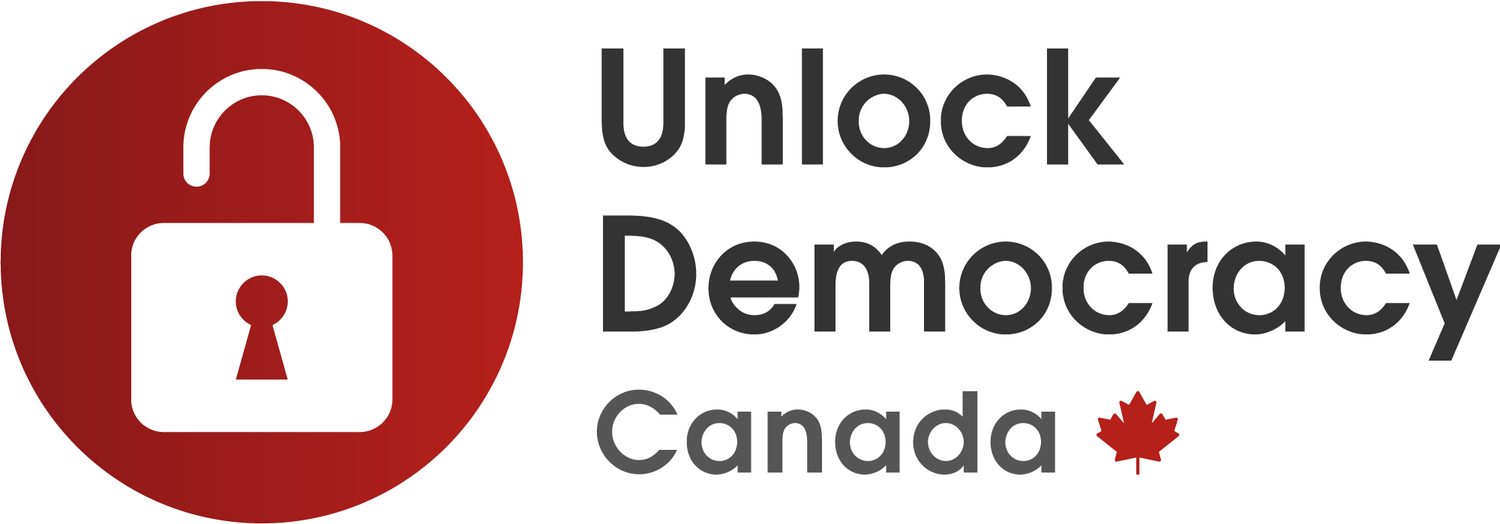What makes a good democracy? A visit to the UK gets us thinking
In which we mull over how a Scottish project might translate to Canada
Recently, two of us found ourselves in the country that brought us First Past the Post (the UK for those that weren’t sure ;) and figured we should meet our counterparts who are working hard to replace that archaic voting system there.
In other words, we met with the lovely folks at the Electoral Reform Society. Our discussions covered political party culture, voter cynicism, youth engagement, whither the Upper House, campaign finance, spending scandals and of course, voting systems.
They’ve grappled with one of the questions that voting reformers in Canada have debated: if the public and the media are still only talking periodically about voting reform then how do its advocates become credible and trusted voices in preparation for when an opportunity for change arises?
The ERS have decided solving that dilemma means speaking for a broader political reform agenda.
It makes sense. Many of the phenomena we most despair of in our current politics are not simple cause/affect but are the result of a number of factors. For example, dropping voter turnout is tied to the disconnect between vote and outcome in our voting system, the difficulty of getting youth registered post school-leaving, geographic mobility, to name just a few contributing factors.
In the lead-up to the Scottish Independence Referendum, one project that highlights the ERS approach is ‘Democracy Max’. Rather than taking sides in the referendum this participatory project lays out a vision for a good Scottish Democracy.
Findings from People’s Gatherings that were convened were organized into three broad themes: How do we return more power to the people? How do we stop vested interests from having too much influence? And, how do we get the checks and balances our democracy needs? These themes of themselves are highly evocative of both the symptoms, and the cures that the people of Scotland identified.
What do you think are the main symptoms that our own democracy is ailing? What would be part of your vision for ‘a good Canadian Democracy’?
We'd love to hear from you.
Stay involved as we consider questions of 'good Canadian democracy' by signing up for email updates.
